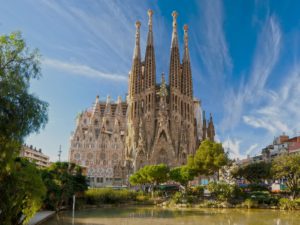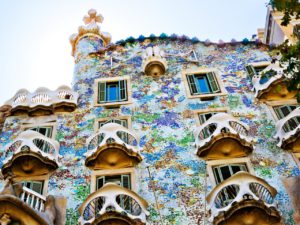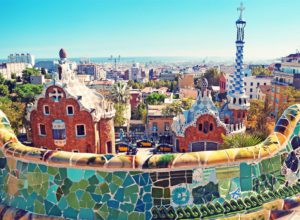



Urban tourism is living a spectacular boom at a worldwide scale. The arrivals of tourists and their expenses have increased 45% between 2009 and 2015 in the 132 main urban destinations around the world (IMF) and currently it represents 20% of the total amount of international travels made around the world (IPK). However, urban sustainability it is often discussed without taking into account Tourism as an integral system of development and promotion of the city.
Nowadays, more than 50% of world population live in cities, and it is a rising percentage. In this context, emerges the necessity of tackling the key factors of sustainable tourism in urban areas, its contribution to global sustainability and to the new governance of the cities.
Cities are currently facing a double challenge with the growth trend in urban tourism. On one hand, they should be able to answer to the expectations and necessities of a rising number of tourists attracted for its rich and varied offer.


On the other hand, it should be assured that tourism is developed and managed in a way on which it benefits local population, avoiding to contribute to the deterioration of the urban environment, and even improving it. Also, it should be assured that tourism has a positive effect in the life quality of local population and that it does not mean a financial burden for local authorities.
Cities are facing the challenge of building a sustainable tourist offer, on which visitors and citizens harmoniously integrate and coexist, minimizing negative impacts of tourism in these areas and reinforcing positive links with local economies.
Cities represent a priority area of application of the 17 United Nations Sustainable Development Goals, especially of the objective 11 and with a greater emphasis in the ones related to: ‘Sustained, inclusive and sustainable economic growth, full and productive employment and decent work for everyone’ and ‘ensuring sustainable consumption and production patterns’.
The Responsible Tourism Institute (RTI) was founded after the "World Conference for Sustainable Tourism: Towards a New Tourism Culture", celebrated in Lanzarote (Canary Islands, Spain) in April of 1995. Its main purpose has always been to promote the principles of the ‘World Charter for Sustainable Tourism’
The RTI is an independent organization which aim is to implement actions and programs for sustainable tourism in the tourist industry. With this aim, the RTI follows the guidelines of the United Nations Conference on Environment and Development that took place in Rio de Janeiro in 1992, and the guidelines established by different programs of the World Tourism Organization. The RTI maintains special relations with UNESCO, which are reflected in a Memorandum of Understanding between the two organizations signed in 1999, as well as being a member of the World Tourism Organization (UNWTO), and founding member of the Global Sustainable Tourism Council (GSTC).
Barcelona Declaration on Sustainable Tourism for the Development of Cities